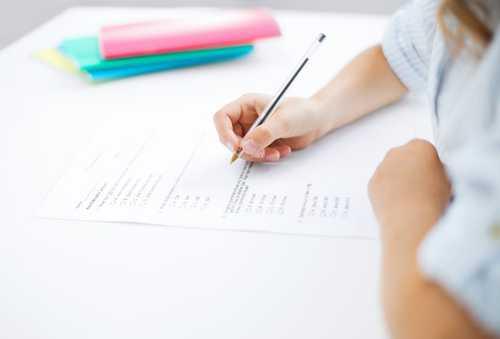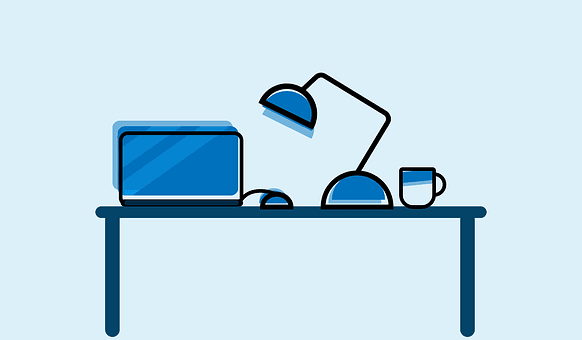How tests and wrong answers help us remember what we learn
Curated from: theconversation.com
Ideas, facts & insights covering these topics:
3 ideas
·2.18K reads
2
Explore the World's Best Ideas
Join today and uncover 100+ curated journeys from 50+ topics. Unlock access to our mobile app with extensive features.
Tests help us remember better
Tests can have a powerful effect on what a student remembers.
What happens if you get an answer wrong? Common sense says if you practice making errors, you learn to make errors. But common sense also says we learn most from making mistakes.
155
923 reads
Conceptual testing
Previous research has shown that if you're young and healthy, mistakes enhance learning. But people with memory impairments, such as ageing, benefit most from error-free learning. New research challenges all of this. Researchers found that the types of clues make the difference.
If the test is conceptual (relating new learning to information we already know), young and older people remember more from a test they didn't get right. For example, asking to name a pastry, followed by feedback that "it was a tart", rather than just giving the answer without being tested on it. With non-conceptual information, errors will not help.
135
596 reads
Students need to be challenged
In reality, it's common to write down a wrong answer and not find out the correct answer for a while. Trying to find the correct answer afterwards lead people to remember more.
There is no evidence that it's good to make errors on purpose. Teachers need to ensure that the problems students face are challenging enough, so they are engaged in productive struggle. If they don't make mistakes, they may not be learning.
138
667 reads
IDEAS CURATED BY
Oscar T.'s ideas are part of this journey:
Learn more about problemsolving with this collection
How to use storytelling to connect with others
The psychology behind storytelling
How to craft compelling stories
Related collections
Similar ideas
Read & Learn
20x Faster
without
deepstash
with
deepstash
with
deepstash
Personalized microlearning
—
100+ Learning Journeys
—
Access to 200,000+ ideas
—
Access to the mobile app
—
Unlimited idea saving
—
—
Unlimited history
—
—
Unlimited listening to ideas
—
—
Downloading & offline access
—
—
Supercharge your mind with one idea per day
Enter your email and spend 1 minute every day to learn something new.
I agree to receive email updates

